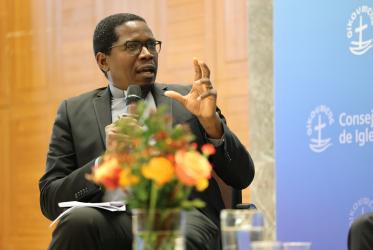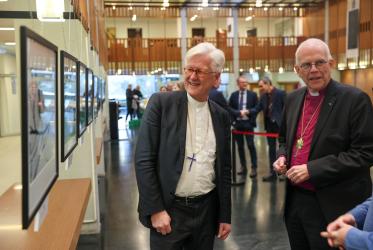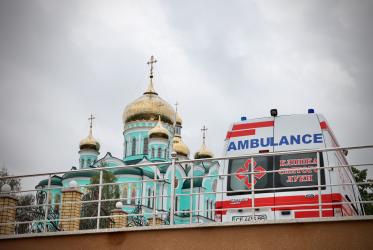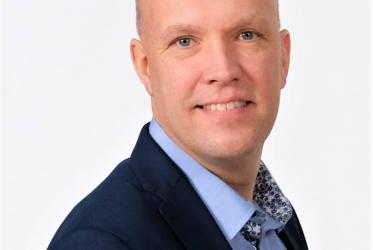Displaying 1 - 17 of 17
07 February 2024
“Every Picture Tells A Story” photo exhibit opens
30 November 2023
Ukraine: Responding to humanitarian need
08 September 2022
Uppsala 1968: The times, they were a’changing
06 September 2022
Monastery in Ukraine responds to the consequences of war
09 August 2022
In pictures: Week of Prayer for Christian Unity
01 February 2021
Driven by God’s grace and a sense of duty
05 November 2020
Christian unity strengthens between Sweden, Malta
23 January 2020














